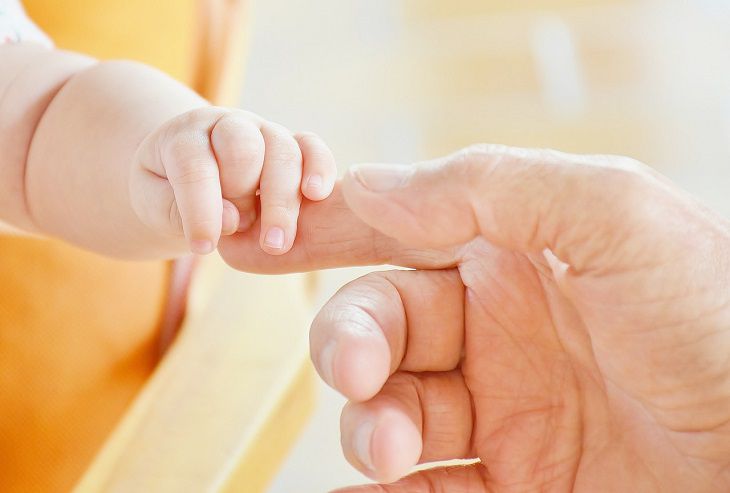A recent study has unveiled that parents who engage in more conversation with their infants can have a profound impact on their babies' brain development.
Using a combination of MRI scans and audio recordings, the researchers demonstrated that the speech and interaction provided by caregivers are closely linked to the development of an infant's brain, leading to improved language skills in the long run.
The study's key finding revolves around the strong connection between caregiver speech and the development of the brain's white matter, shedding light on the essential role of early communication in a child's cognitive growth.

How it was tested
The research involved 52 infants, and home language recordings were collected when the children were 9 months old and again six months later.
MRIs were performed at various stages from 3 months old to age 2.
This timing allowed researchers to observe brain development from the prelinguistic babbling stage to the emergence of language.
The study focused on the brain's white matter, specifically the arcuate fasciculus and the uncinate fasciculus.
Surprising results
Surprisingly, the study found that infants who heard more words had lower FA values, indicating slower white matter development.
Paradoxically, these children performed better in language skills when they began to talk.
The results suggest that slower maturation of white matter in infancy provides a cognitive advantage.
Infants have a prolonged period of neuroplasticity, allowing them to absorb knowledge and learn certain skills.
This indicates that the infant brain relies on this plasticity to support language development.
Why it's important
The study highlights the powerful role parents play in their children's lives, showing that parents can have a significant impact on their children's brain development and language skills.
Researchers hope this knowledge will empower parents to support their children's development more effectively.













